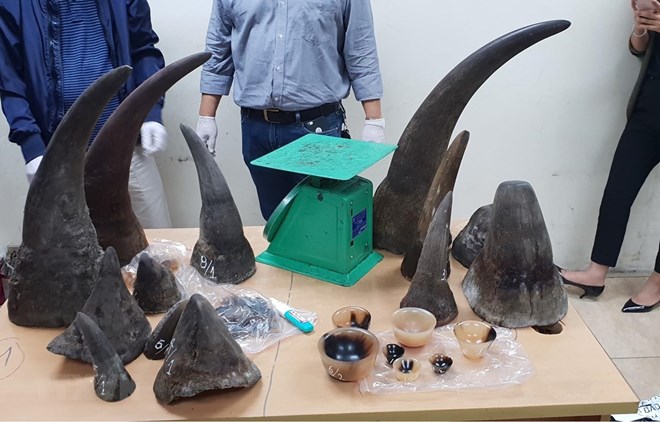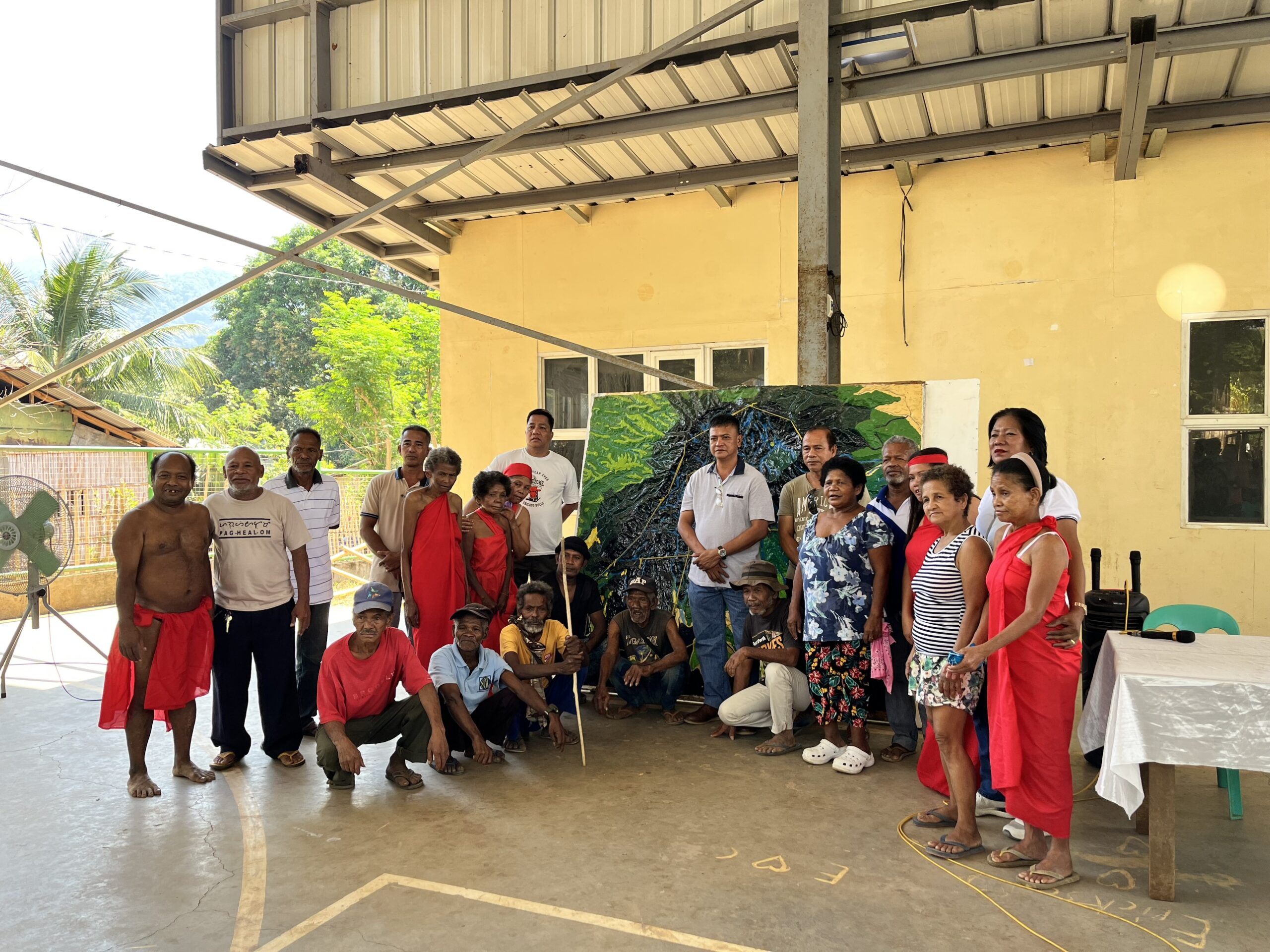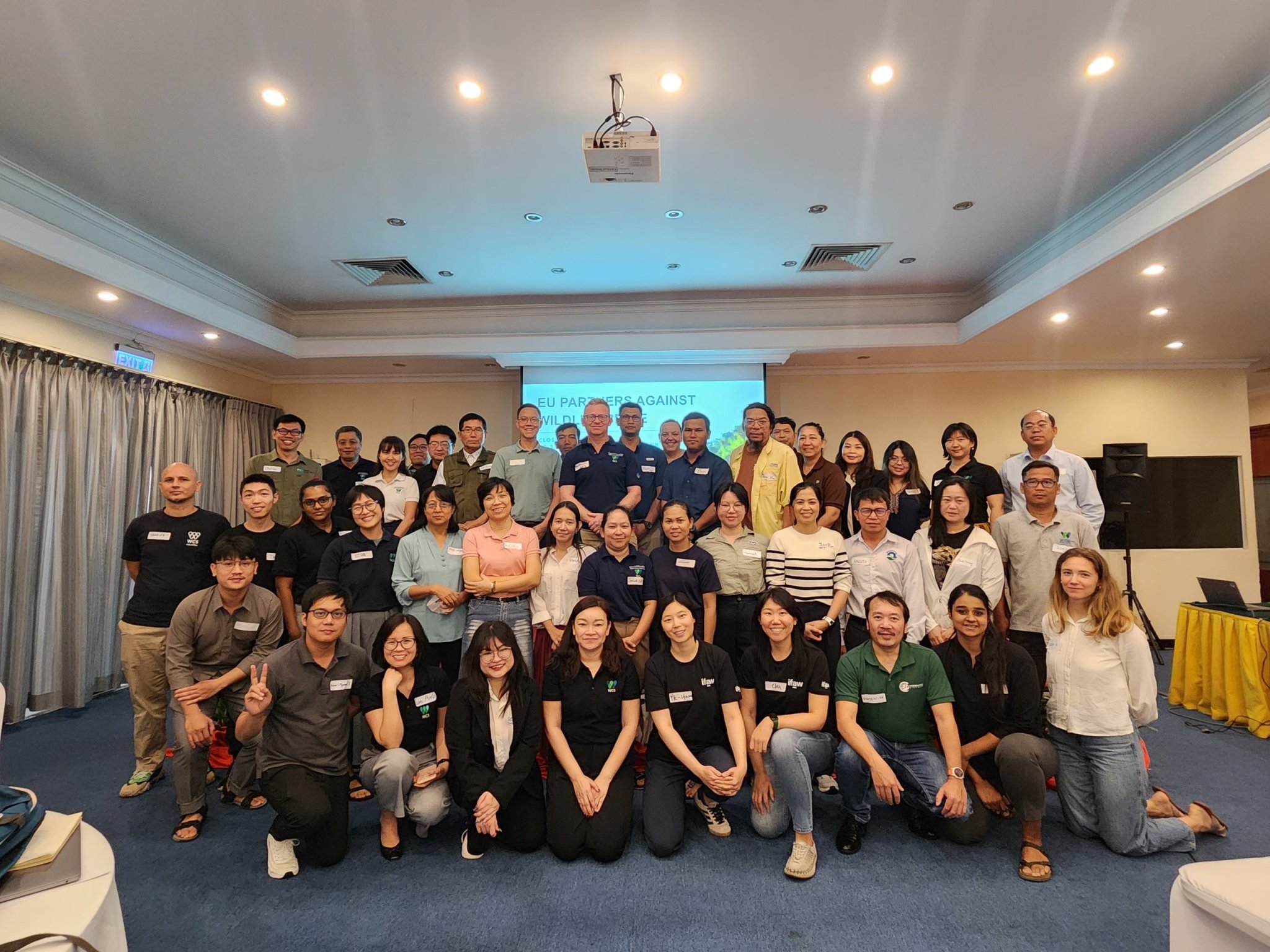In order to create an open space for discussion and explore directions in the trend of sustainable development within the business community, Forbes Vietnam is organizing the THE GREEN GROWTH FUTURE development conference. The conference gathers experts and leaders from businesses leading the market to discuss current topics on low-carbon economies, climate change mitigation, and the path toward sustainable development.
PanNature Members: Use code REF for a 30% discount (apply for the standard ticket)

Workshop Looks to Expand Network of Wildlife Reporters in Vietnam
A refresher course for journalists on reporting about the conservation and rescue of wild animals began in the northern province of Vinh Phuc on May 21.
The two-day event aims to popularise the reality of and reasons for wildlife trafficking, as well as share experiences of reporters and experts and expand the network of journalists reporting on the issue.
It is organised by PanNature, a Vietnamese non-profit organisation dedicated to protecting and conserving diversity of life.

According to the World Wildlife Fund (WWF), over the years, Vietnam has become a “hotspot” of wildlife poaching and trafficking. The country is home to various endangered animals, including more than 400 species being listed in Vietnam’s Red Book.
Vietnam should set up policies protecting wildlife creatures, said Nguyen Van Thai from Save Vietnam’s Wildlife.
He said the country should work to enhance international cooperation, learn from conversation programmes, arrange training courses to improve human resources capacity, and enhance monitoring after returning species back to nature.
Tran Thi Kim Thanh from the Ministry of Public Security’s Environment Police Department said that 995 cases of wildlife trafficking were discovered from 2014-2018. Notably, in March, authorities seized 9.1 tonnes of elephant tusks in Tien Sa port of the central city of Da Nang, the largest quantity in the country so far.
The press plays a key role linking people in Vietnam and the world with Vietnamese security forces to collect and provide information helpful to police’s activities against wildlife criminals, she said.
At the workshop, investigative journalists and conversation and wildlife rescue experts shared experiences and skills as network building, international cooperation and information verification.
Participants also discussed obstacles and necessary skills in investigation of wildlife crimes, along with journalistic methods to detect links between corruption and wildlife trading, and more.
Source: Vietnam News



